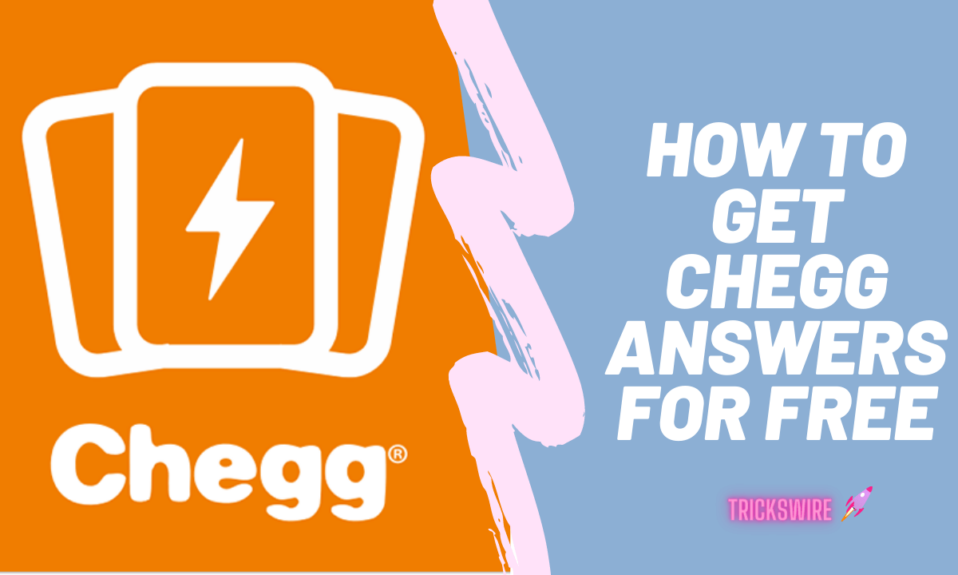In the digital age, the quest for academic assistance has evolved dramatically. Among the myriad of resources available, Chegg has emerged as a prominent platform offering solutions to students’ academic queries. However, the rise of “Free Chegg Answers” has sparked a contentious debate revolving around academic integrity, ethical considerations, and the repercussions unblur chegg on education.
Chegg, originally founded as a textbook rental service, has transformed into a comprehensive educational support platform. Its array of services includes textbook solutions, expert Q&A sessions, study guides, and more. These resources can be invaluable aids to students grappling with complex coursework and challenging assignments.
However, the accessibility of Chegg’s paid services has led to the proliferation of free alternatives. Various websites and forums offer solutions to Chegg’s questions at no cost, often obtained through methods like shared accounts, automated scripts, or manual transcriptions. While these free answers might provide immediate assistance to students, they raise profound ethical dilemmas and long-term consequences.
At the heart of the debate lies the issue of academic integrity. Education institutions worldwide emphasize the importance of honesty, integrity, and independent learning. Utilizing free Chegg answers circumvents these principles, as students bypass the process of critical thinking, problem-solving, and genuine understanding. It undermines the educational journey, eroding the very foundation upon which academic achievements are built.
Moreover, the reliance on free Chegg answers perpetuates a culture of shortcuts and instant gratification. Instead of investing time and effort into mastering the material, students may prioritize finding quick solutions, neglecting the invaluable learning experiences that come from struggle and perseverance. This mentality not only compromises individual academic growth but also devalues the integrity of academic credentials.
The ethical implications extend beyond individual students to broader societal ramifications. In a world increasingly reliant on skilled professionals and innovative thinkers, the erosion of academic integrity threatens to undermine the credibility of academic institutions and diminish the quality of future workforce. Employers rely on educational credentials as indicators of competence and diligence; thus, the prevalence of academic dishonesty jeopardizes trust in these credentials, leading to potential ramifications in the professional realm.
Furthermore, the proliferation of free Chegg answers exacerbates existing inequalities in education. Students with financial constraints may feel compelled to resort to free alternatives due to the prohibitive cost of Chegg’s subscription plans. This creates a divide between those who can afford access to premium educational resources and those who cannot, perpetuating disparities in academic achievement and opportunities.
In response to the ethical concerns surrounding free Chegg answers, educators and academic institutions face the challenge of fostering a culture of academic integrity while providing adequate support to students. Strategies such as promoting critical thinking skills, encouraging collaboration, and providing personalized assistance can empower students to navigate academic challenges ethically and effectively.
Moreover, Chegg itself has a role to play in addressing this issue. While the company has implemented measures to combat unauthorized distribution of its content, such as disabling text copying and employing anti-bot measures, further efforts are needed to mitigate the proliferation of free alternatives. This may involve enhancing security protocols, collaborating with educational institutions, and fostering dialogue on the importance of academic integrity.
In conclusion, the phenomenon of free Chegg answers represents a complex intersection of technological innovation, ethical considerations, and educational paradigms. While these resources may offer immediate solutions, they pose profound challenges to academic integrity, individual learning experiences, and societal trust in educational institutions. Addressing these challenges requires collective efforts from educators, students, and educational platforms to uphold the values of honesty, integrity, and intellectual curiosity in the pursuit of knowledge.
